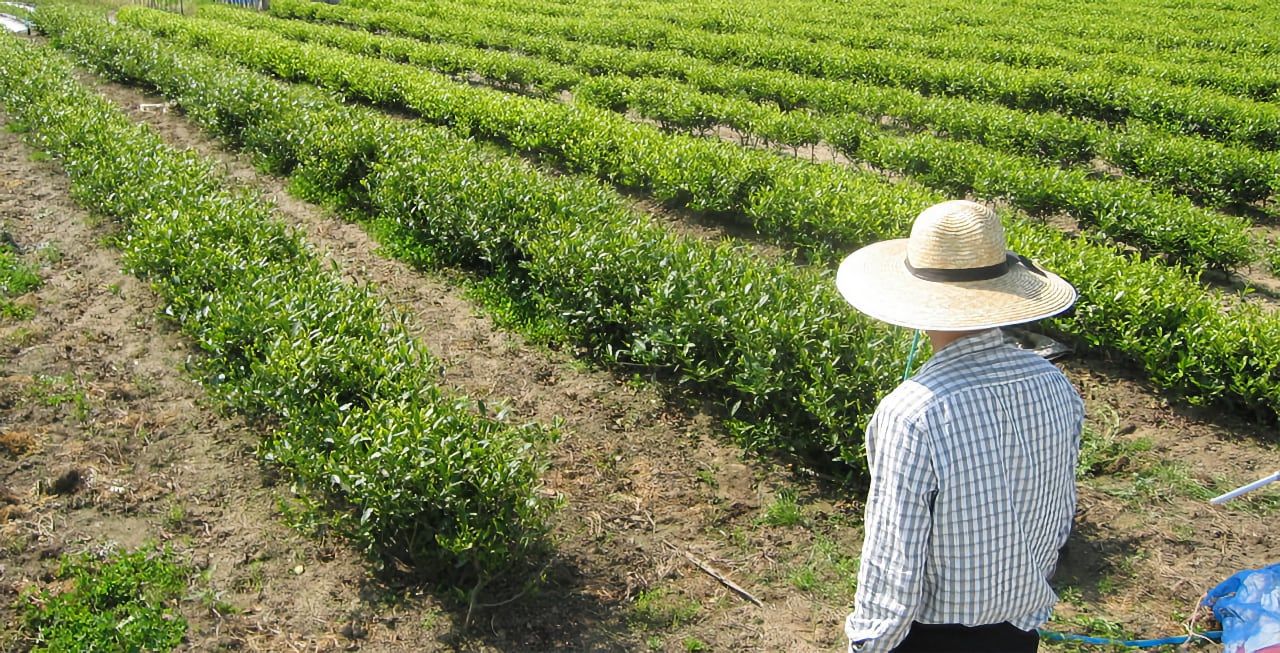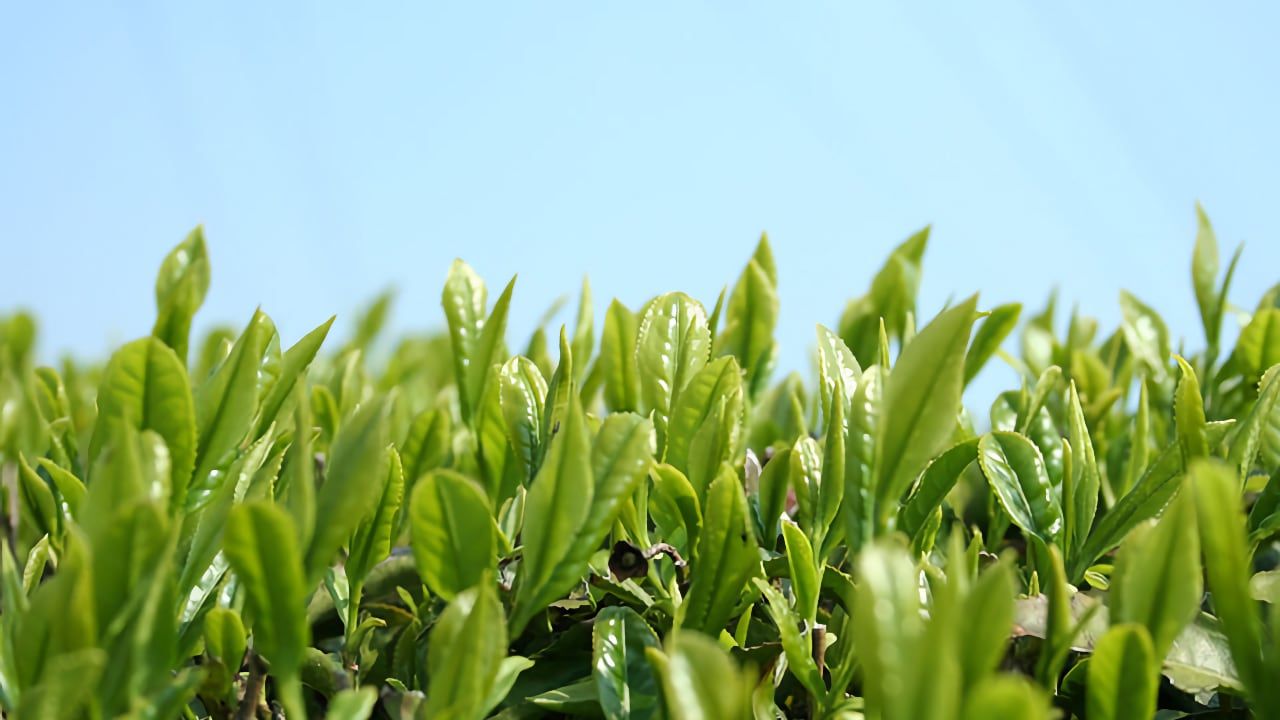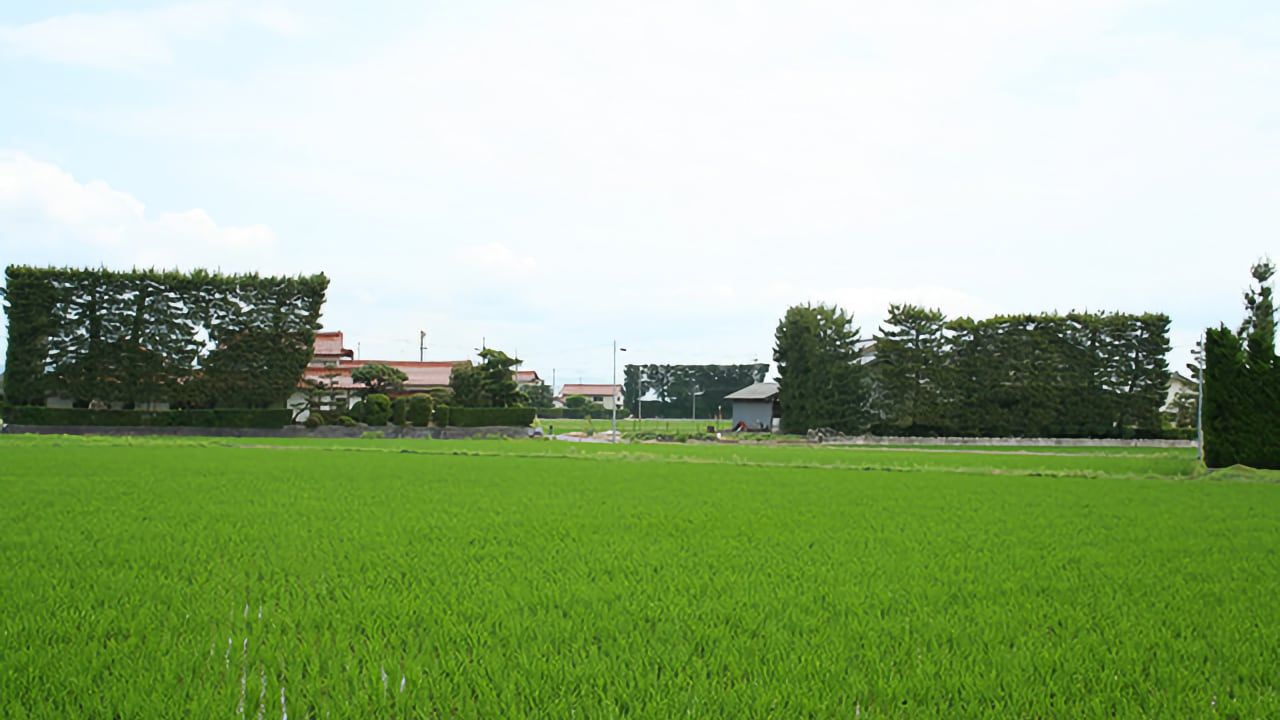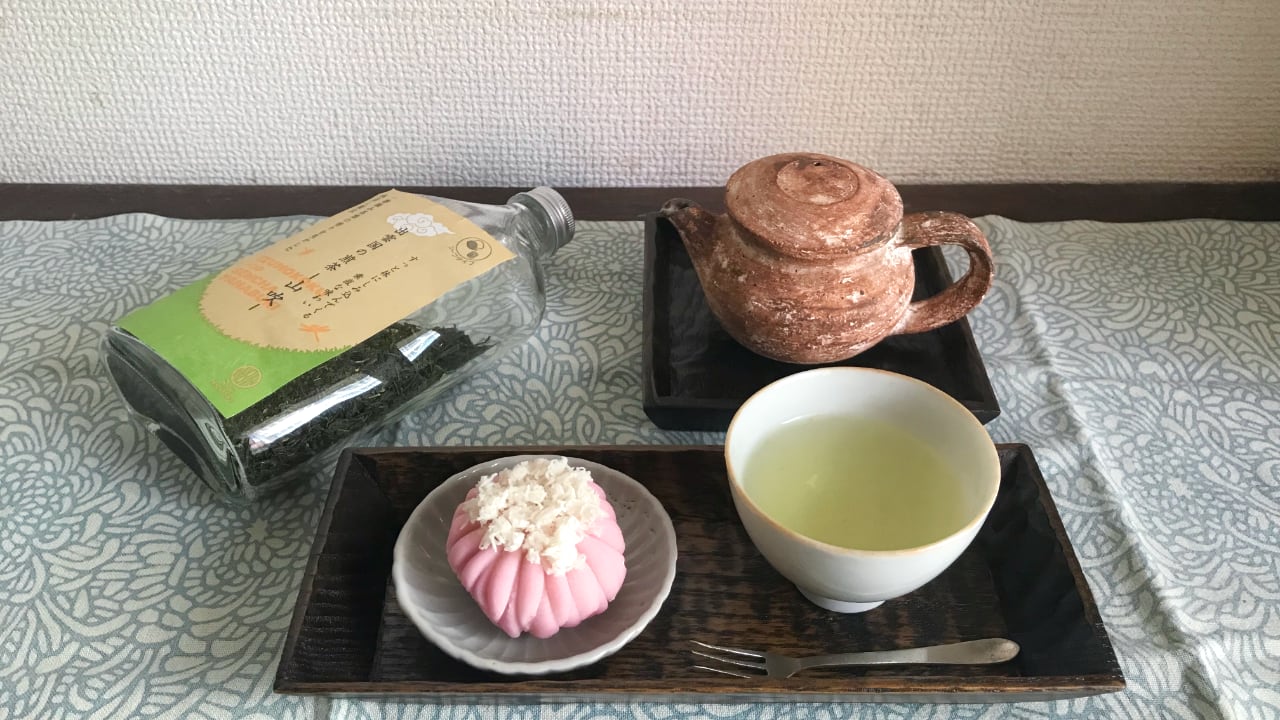September 2023 - Sencha from Izumo, in Shimane prefecture
This month we've selected a sencha (煎茶) produced in the Izumo region (出雲) of Shimane prefecture (島根).

Photo courtesy of Nishiseichasho
Izumocha, Sencha d'Izumo
Sencha (煎茶) produced in eastern Shimane Prefecture (島根), especially in the towns of Izumo (出雲) and Matsue (松江), is also called Izumocha (出雲茶).
In the Edo era, a lord from this country called Matsudaira Fumai (松平不昧, 1751-1818), established one of the schools of Japanese tea ceremony known as "Fumai-ryū" (不昧流). He had already propagated the cultivation of tea in this region. Thanks to him, there are still a few tea plantations in the area, and the people of Shimane drink a lot of tea. Yet they produce very little.
Shimane ranks 20th in tea production among 47 prefectures in Japan in 2021. It produces just 513 tonnes (0.2% of the total) annually. Kagoshima (鹿児島), the number one prefecture, produces 118,400 tonnes (36%) of tea. As a result, most teas in this region are drunk locally, or blended with teas grown elsewhere.
But the tea we've chosen is produced entirely in Izumo, from the growing of the tea bushes to the preparation of the tea. It's a precious tea, 100% made in Izumo. Only first-harvest tea leaves are used, with no agricultural insecticides or other chemicals used during the tea-growing process.
This tea is made from leaves harvested between early May and mid-May. Tea leaves that have reached maturity by this time are considered to be of excellent quality. They are prepared according to the asamushi (浅蒸し) method, i.e. they are steamed for a comparatively short time.
The result is a clear, golden-yellow infusion. The resulting tea has a clear aroma and exquisite sweetness. It's a natural tea that penetrates our bodies without ever boring us.

Photo courtesy of Nishiseichasho
Shields against the winds
September is typhoon season. When a powerful typhoon comes, all transport and stores close. If you come to Japan during this season, typhoons are not to be underestimated… A few days ago, Japanese TV broadcast images of people in distress at the station or airport, stranded because of a typhoon.
Here's a countermeasure to protect homes: black pine hedges, unique to Shimane. They're called Tsuijimatsu (築地松). These black pines are planted to the north and west of the houses to defend them against the monsoons. Why are they always planted to the north and west? Because they protect the house from strong winds (from the north) and the rays of the setting sun.
Tsuijimatsu not only serve as windbreaks, they also provide us with picturesque, bucolic images that are different every season. A carpet of green rice fields in spring and summer. A golden rice field in autumn. A snow-covered white field in winter. These hedges are hand-crafted, but unfortunately their numbers diminish over time due to pest damage, or the lack of craftsmen to maintain them. This will become a rare and precious landscape in the near future.

Photo courtesy of Nishiseichasho
Preparing Izumocha
The quantity of tea should be adapted to the desired taste: about 6 grams of Izumocha for 180mL (6oz) of spring water. The infusion should last one minute in water at 80ºC (180ºF). The 2nd infusion should be slightly shorter and hotter than the first, and the third infusion even shorter and hotter.

Tip for making good tea: if you brew green tea with very hot water, the tea becomes bitter. On the other hand, if you lower the water temperature before infusion, you can drink a mild tea with little bitterness. For a very mild green tea, you can even lower the temperature to 60ºC (140ºF), but you'll need to give the infusion more time.
To balance the bitterness and sweetness of this Izumocha, the producer recommends using water at around 80ºC (180ºF). First, prepare boiling water and two containers. Next, transfer the boiling water twice, first to the first container, then to the second. Normally, the temperature drops by around 10ºC (20ºF) with each change of container. If you want an even sweeter tea, add more containers. I hope you can make a tea to your liking!
Enjoy your tea!
